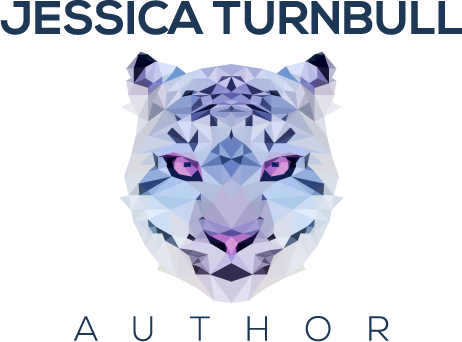Hi all!
This week I'm going to talk about Twitter. It's a popular social media platform which makes it easy to interact with your fans and follow other authors. It's also great for marketing your book or author platform. However, the way you act can either make you or break you on Twitter.
Don't spam.
This is true for any social media. No one wants their feed filled with the same post by the same person over and over. Not only is it boring, but it will make followers more likely to unfollow you to clear their feed.
Don't ignore your followers.
Interact! Like, retweet and comment on posts. Not only will you make some friends, but your followers will be happy to talk to you.
Don't constantly post about your books.
Mix it up. Pin your latest book at the top of your profile so it's the first tweet people see when they click on your name. Only post about your book for announcements, promotions and launch dates. There's no need to post about your book several times a day, the thousandth tweet won't make people more likely to buy your book.
Be courteous.
The writing community is amazing on Twitter, I've met so many lovely people on there. Don't be horrible, it will get you blocked and turn people away from your books.
Don't pretend to be better than everyone else.
We're all in the same boat as writers, you don't need to put people down in order to elevate yourself. You'll lose followers.
Don't blast people on Twitter.
Get rejected by an agent? That's a shame, but you don't need to expose them on social media. Agents talk, they will not want to take on someone like that. Someone left you a negative review? Again, take it as a learning curve. Don't moan about them for everyone to see.
Don't follow people, wait for them to follow back, then unfollow.
It's rude, some will remember you if you follow them again. If you don't want to interact with them, don't follow.
Don't brag.
Please don't brag about how well your book is doing constantly and how much money you're raking in. It's not attractive. Writers who struggle don't want that thrust in their face every time they go on your profile. To be proud of your achievement is fine, but if every tweet is you talking about how great your book is people will unfollow.
Don't use it as a platform to hate others.
Once a tweet is out there, you can't take it back. Be careful what you post.
Don't blindly follow everyone who follows you back.
I know it can be hard to check everyone when several people follow you at one time but it is worth it. If you follow blindly you don't know who you're following and what they promote. Always check to make sure you're comfortable following them.
Don't ignore people because they write in a different genre.
No genre is better than the other. I've seen a lot of romance and erotica authors feel down because some people don't interact with them for writing in those genres. We're all writers, we shouldn't exclude anyone.
Don't bash publication routes.
Traditional Publishing? Great! Just don't bash indie authors for their choice or claiming that your book is better. This is the same for indie authors, don't bash the traditional ones. Just because they got a contract doesn't mean that you are superior to them. Whatever route you go down is your choice so you shouldn't harass others for theirs.
Don't compare yourself to others.
People will have more followers than you. They will have more book sales, better reviews. Don't put yourself down because of it. If people like your work, they will follow you.
Don't instantly message people book links as soon as they follow you.
More likely than not, this will result in an unfollow. It's annoying and it doesn't work. You need to build up a fan base, not thrust your book into everyone's face.
Be kind.
There are so many people on Twitter and you don't know all their struggles. Be kind, always. You never know what friends you will make.
That's it for this week! The next post will be my goals for 2019, which includes news about the Elemental Dragons series. See you next week!
